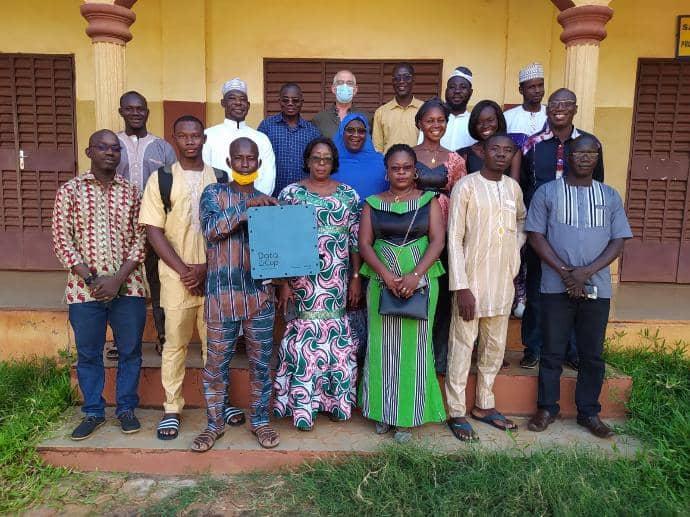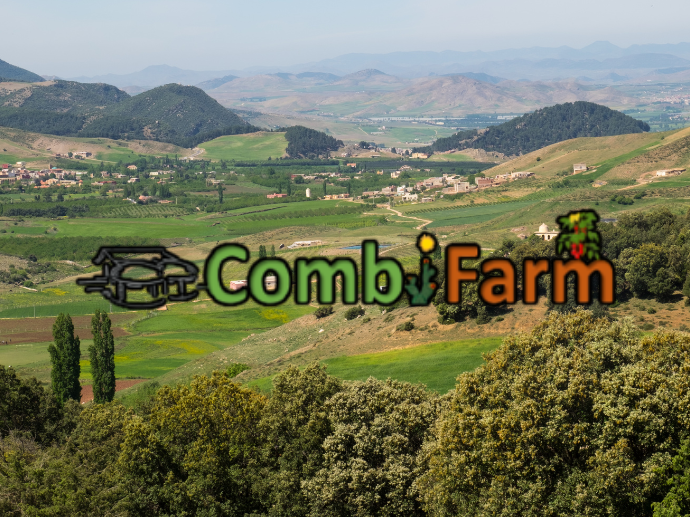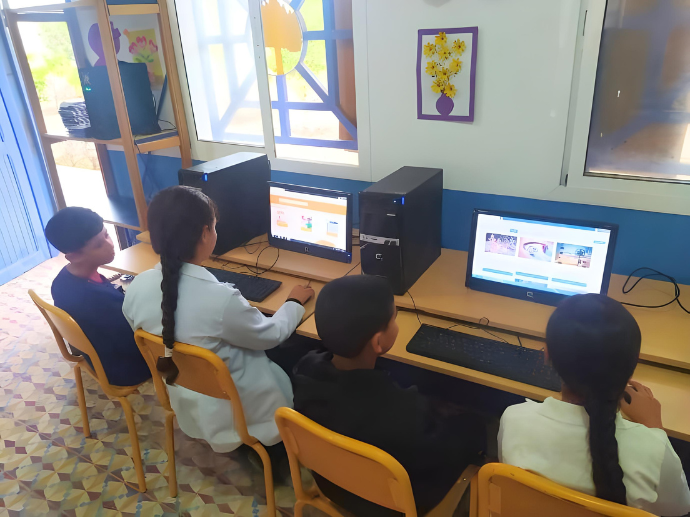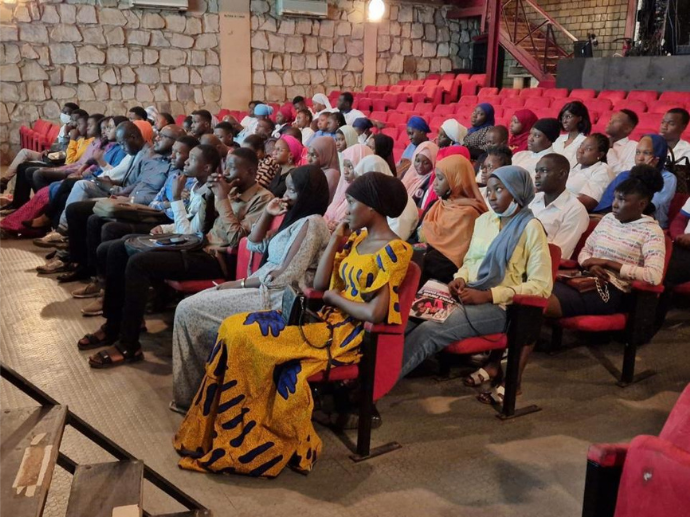CombiFarm: One Step Towards Sustainable Agriculture
The DataCup team is delighted to announce our participation in the innovative CombiFarm project, funded by the PRIMA foundation (Partnership for Research and Innovation in the Mediterranean Area). The Agence Nationale de la Recherche (ANR) represents France within PRIMA and is the funding agency for the French partners.
PRIMA helps finance projects in the fields of water, agriculture, the agri-food value chain and the WEFE nexus (water, energy and food security), contributing to the sustainable use of natural resources, economic growth and stability in the Mediterranean. The PRIMA program is supported by Horizon 2020, the European Union's framework program for research and innovation.
A consortium of 10 partners is taking part in the CombiFarm project, including public research centers and companies from 5 different countries: Tunisia, France, Morocco, Slovenia and Turkey. This international collaborative network will enable a better exchange of knowledge and skills between countries in the Mediterranean region.
The partners involved in this project are:
Coordinator | INRAT -National Institute for Agronomic Research in Tunisia | Tunisia | |
Partner 1 | CERTE - Center for Water Research and Technology | Tunisia | |
Partner 2 | GEPEA-CNRS - Process Engineering - Environment - Food Laboratory | France | |
Partner 3 | INRA - National Institute for Agronomic Research | Morocco | |
Partner 4 | UH1 - Hassan Ier University | Morocco | |
Partner 5 | USMS - Sultan Moulay Slimane University | Morocco | |
Partner 6 | UL - University of Ljubljana | Slovenia | |
Partner 7 | ESTU - Eskisehir Technical University | Turkey | |
Partner 8 | GEOBİLGİ - Geobilgi Bilişim Teknolojiler | Turkey |
CombiFarm aims to create living laboratories using low-cost technologies to recycle energy, carbon and nutrients. The project combines:
- Low-input sustainable crops (alfalfa, sorghum, quinoa, aloe vera, etc.), and
- Intelligent, solar-powered drip irrigation systems.
Techniques include biochar and biogas recovery, and the use of microalgae for fertigation.
Intelligent agriculture based on IoT technology is becoming increasingly widespread around the world, and the data collected is useful to farmers to better regulate their irrigation systems or choose inputs to enrich their land. But this technology is still not very accessible in areas where the Internet connection is non-existent or unstable, and the IoT network too costly.
to generate high-value bioproducts, including local production of food, feed, cosmetics and biopesticides.
Our output points in the CombiFarm project are :
- Development of an IoT gateway with standard (temperature, pressure, humidity) and specific (methane, water flow and level, pH) sensors tested in the GEPEA-CNRS laboratory;
- Deployment of a DataCup equipped with IoT technology at the pilot site in Settat, Morocco, in offline or asynchronous mode;
- Development of a DataCup data visualization platform to provide decision support for farmers.
The IoT (Internet of Things ) is the network that links objects connected to the Internet - more specifically, objects with sensors, software and/or other technologies to servers, systems or terminals on the Internet. The principle is that they communicate with each other: the object sends data to the servers, and vice versa.
For example: to measure the outside temperature, a farmer will use a sensor. The sensor, connected to a server on the Internet, will send the measured temperature to the server, which will then send a message to the sensor confirming receipt.
Pour more about IoT...
The expected results (outcome) are :
- collect agricultural data from IoT sensors and store them on the DataCup in offline mode
- visualize this data on a platform available offline on the DataCup to farmers
- return agricultural data to the Internet when the DataCup is reconnected to the Internet for analysis and sharing with research laboratories
enabling farmers to better manage and control the consumption of natural resources (water, inputs) and to steer local farmers towards more sustainable agriculture.
Contribution to the Sustainable Development Goals (SDGs)
CombiFarm is aligned with several UN Sustainable Development Goals (SDGs) to which PRIMA contributes, including:
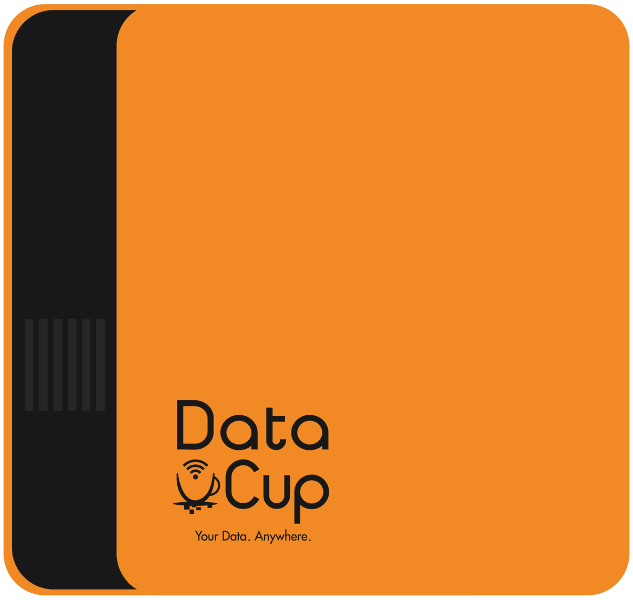
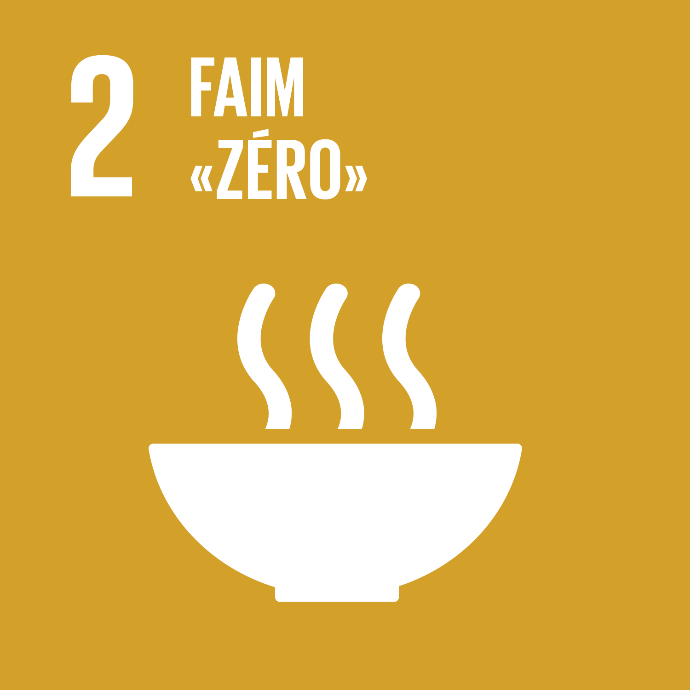
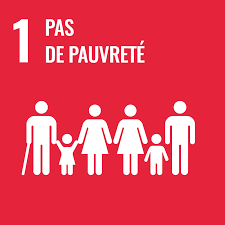

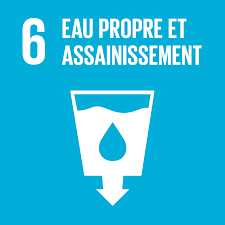
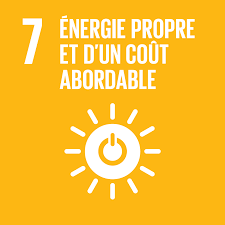
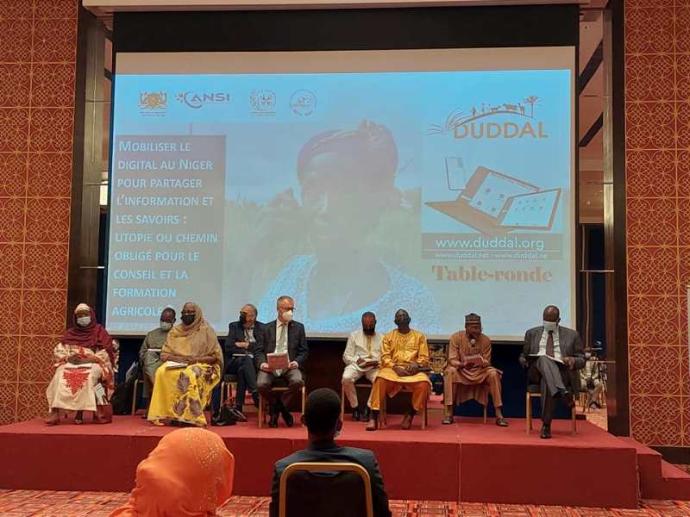 Duddal
Duddal SOS Children's Village Niger
SOS Children's Village Niger